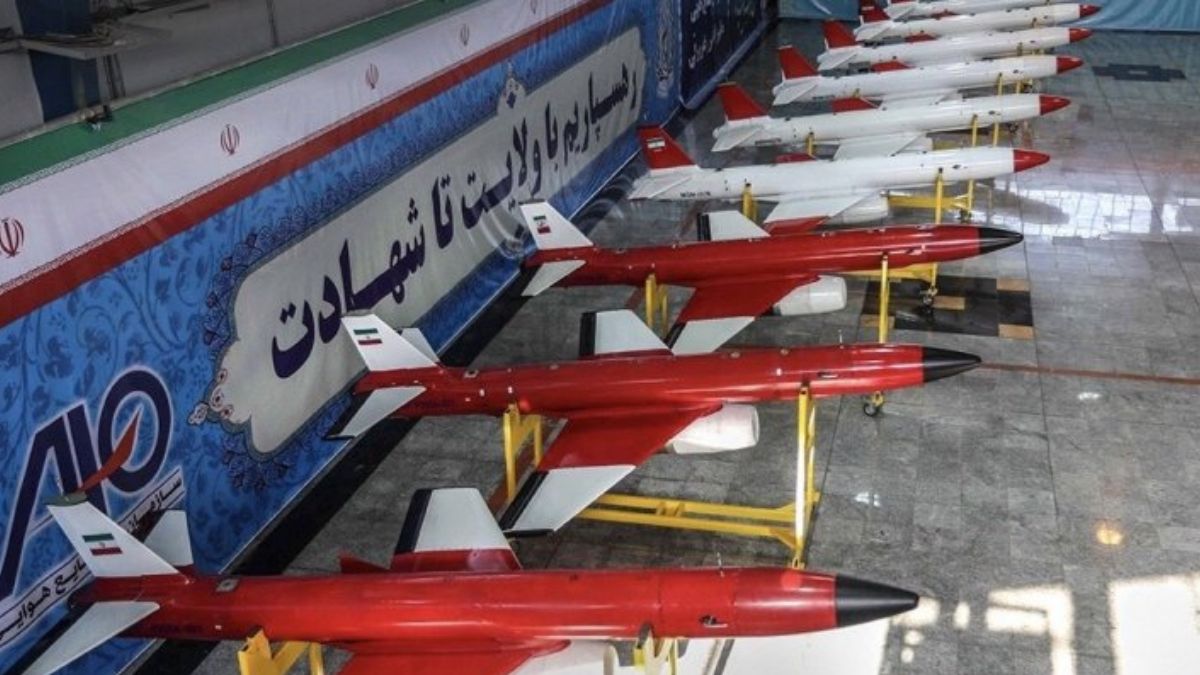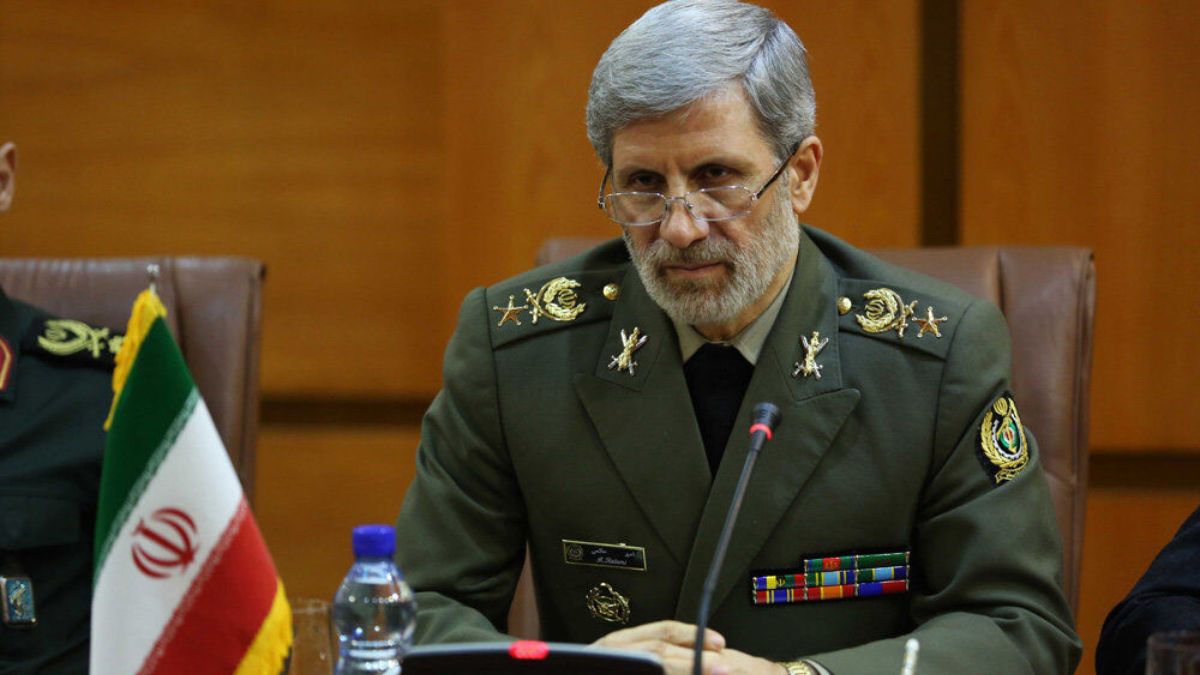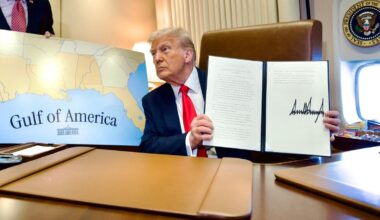In the volatile landscape of the Middle East, the rivalry between Israel and Iran stands as one of the most enduring and consequential. Both nations boast significant military prowess, shaped by historical conflicts, geopolitical ambitions, and technological advancements. Determining which army holds the upper hand requires a comprehensive analysis of various factors, ranging from conventional military capabilities to strategic influence in the region.
Military Capabilities and Strengths
Israel, often regarded as possessing one of the most formidable militaries globally, has honed its capabilities through decades of conflict and investment in defense technologies. Its military doctrine emphasizes rapid mobilization, air superiority, and technological innovation. The Israel Defense Forces (IDF) benefit from modern weaponry, including advanced missile defense systems like the Iron Dome and sophisticated intelligence gathering capabilities.
Iran, on the other hand, boasts significant manpower and a robust asymmetric warfare strategy. The Islamic Republic’s military doctrine prioritizes defense and deterrence, leveraging unconventional tactics such as proxy warfare and support for militant groups across the region. Iran has also developed an indigenous defense industry, producing a range of military hardware, including ballistic missiles and unmanned aerial vehicles (UAVs).

Nuclear Program and Deterrence
One of the most contentious aspects of Iran’s military capabilities is its nuclear program. While Tehran maintains that its nuclear ambitions are peaceful, concerns persist regarding the potential militarization of its nuclear capabilities. The acquisition of nuclear weapons would undoubtedly bolster Iran’s strategic deterrence posture, potentially altering the balance of power in the region.
In contrast, Israel is widely believed to possess a formidable nuclear arsenal, though it maintains a policy of ambiguity regarding its nuclear capabilities. The existence of a nuclear deterrent provides Israel with a significant strategic advantage, deterring potential adversaries and enhancing its overall security posture.
Technological Advancements and Innovation
Israel’s military superiority is underpinned by its technological prowess and innovation. The country’s defense industry is renowned for its cutting-edge developments in fields such as cybersecurity, drone technology, and precision-guided munitions. Israel’s ability to rapidly adapt and deploy advanced technologies gives it a significant edge in modern warfare scenarios.
Iran has made strides in developing its indigenous defense industry, seeking self-sufficiency in producing military hardware and technologies. While facing international sanctions that hinder arms imports, Iran has invested in domestic research and development, leading to advancements in missile technology, cyber warfare capabilities, and UAVs. However, it still lags behind Israel in terms of technological sophistication and innovation.
Regional Influence and Geopolitical Dynamics
Beyond pure military strength, both Israel and Iran wield significant influence across the Middle East through alliances, proxies, and geopolitical maneuvering. Israel benefits from close ties with the United States and strategic partnerships with regional actors like Egypt, Jordan, and some Gulf states, which share common concerns regarding Iran’s regional ambitions.
Iran’s influence extends through a network of proxies and alliances across the region, including Hezbollah in Lebanon, Hamas in Gaza, and various Shiite militias in Iraq and Syria. Tehran’s support for these groups allows it to project power and influence beyond its borders, challenging Israel’s security interests and regional stability.

Military Expenditure and Defense Strategy
Israel consistently ranks among the top spenders on defense globally, allocating a significant portion of its GDP to military expenditures. This investment enables Israel to maintain a qualitative edge over its adversaries and sustain a robust defense posture despite its small size.
Iran’s defense spending is substantial, reflecting its commitment to bolstering its military capabilities. However, economic challenges, exacerbated by international sanctions, pose limitations on Tehran’s ability to sustain high levels of military expenditure in the long term.
Final Verdict
In the enduring rivalry between Israel and Iran, assessing which army is more powerful requires a nuanced understanding of various factors, including military capabilities, technological advancements, regional influence, and strategic considerations. While Israel maintains a qualitative edge in terms of conventional military capabilities and technological innovation, Iran’s asymmetric warfare doctrine and regional alliances afford it significant influence and deterrence capabilities.
Ultimately, the balance of power between Israel and Iran is shaped by a complex interplay of factors, including geopolitical dynamics, economic constraints, and strategic calculations. As both nations continue to navigate regional tensions and global uncertainties, the question of military power remains a central aspect of their enduring rivalry.










